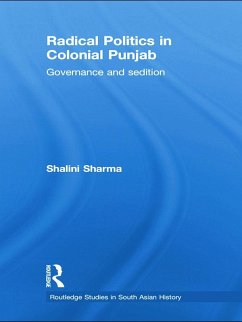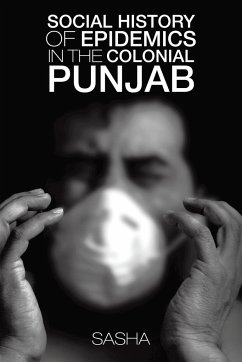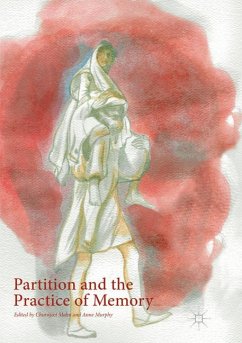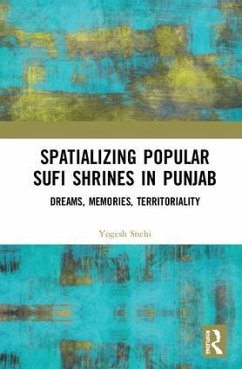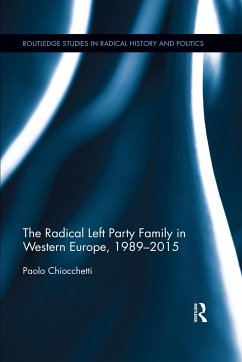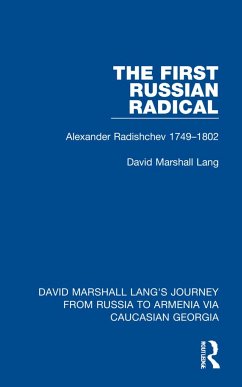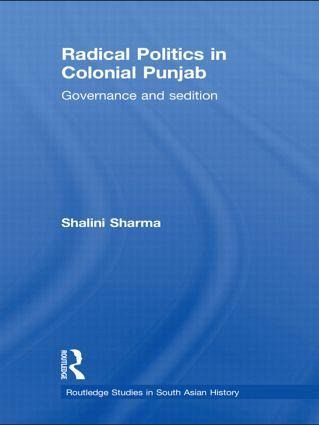
Radical Politics in Colonial Punjab
Governance and Sedition
Versandkostenfrei!
Versandfertig in 1-2 Wochen
176,99 €
inkl. MwSt.
Weitere Ausgaben:

PAYBACK Punkte
88 °P sammeln!
The actions of the radical left in Punjab in pre-Independence India during the 1920s and 30s have often been viewed as foreign and quintessentially un-Indian due to their widely vilified opposition to the Quit India campaign. This book examines some of these deterministic misapprehensions and establishes that, in fact, Punjabi communism was inextricably woven in to the local culture and traditions of the region. By focusing on the political history of the organised left, a considerable and growing force in South Asia, it discusses the formation and activities of radical groups in colonial Punj...
The actions of the radical left in Punjab in pre-Independence India during the 1920s and 30s have often been viewed as foreign and quintessentially un-Indian due to their widely vilified opposition to the Quit India campaign. This book examines some of these deterministic misapprehensions and establishes that, in fact, Punjabi communism was inextricably woven in to the local culture and traditions of the region. By focusing on the political history of the organised left, a considerable and growing force in South Asia, it discusses the formation and activities of radical groups in colonial Punjab and offers valuable insights as to why some of these groups did not participate in the Congress movement during the run-up to independence. Furthermore, it traces the impact of the colonial state's institutions and policies upon these radical groups and sheds light on how and when the left, though committed to revolutionary action, found itself obliged to assimilate within the new framework devised by the colonial state. Based on a thorough investigation of primary sources in India and the UK with special emphasis upon the language used by the revolutionaries of this period, this book will be of great interest to academics in the field of political history, language and the political culture of colonialism, as well as those working on Empire and South Asian studies.





